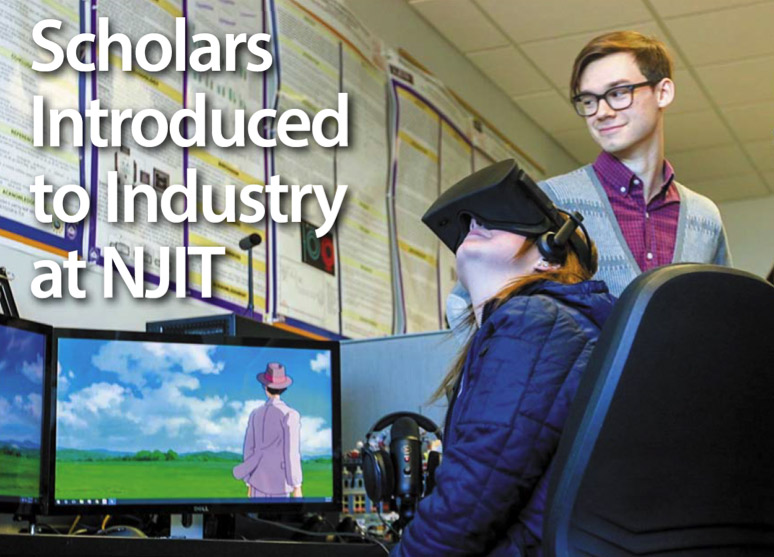Photo: I-Corps team, from left, is Carl Georgeson, John Vito d’Antonio-Bertagnolli, Tara Alvarez
Q: Tell us a little about your EPICS in IEEE Project.
Virtual Reality Vision Therapy (VRVT) is a novel combination of consumer-available electronics and traditional vision therapy principles. Over 5% of the general population suffers from convergence insufficiency (CI), a binocular vision disorder. Nearly 75% of those who complete office-based vergence and accommodative therapy for CI experience a reduction in visual symptoms; however, less than 3% of the CI population seek treatment annually. Moreover, patients in the 8-18 age range have decreased adherence due to the repetitive nature of the therapy procedure. Using a head mounted display with integrated eye tracking, VRVT promotes patient adherence through a suite of engaging video game experiences. These experiences mimic established vision therapy principles that have documented effectiveness, but do so in new and appealing ways, especially within the pediatric population. This approach allows for objective assessments of patient progress throughout the course of vision therapy, while encouraging patient adherence in both office-based and home therapy environments.
Q: Why did you decide to go into an engineering/STEM-related field?
Both of my parents are physicians. I assumed that I would eventually go to medical school, but I was a Lego kid; so biomedical engineering seemed like a more interesting program than biology. I still planned on pursuing medicine until late in my junior year of college. But after I received my EPICS grant, I quickly realized that I had a passion for engineering work, and decided to pursue my master’s degree in biomedical engineering instead of going to medical school.
Q: Who is your role model and why?
Dean Kamen, the founder of For Inspiration and Recognition of Science and Technology (FIRST), seems like a pretty stand-up guy. When I was younger, I followed his company, DEKA Research and Technology as it developed the Segway and the LukeTM Arm. I perceived him as a true inventor and as someone who “made it” enough to give back to the community through the FIRST organization.
Q: What is the most important lesson you’ve learned through your participation in EPICS in IEEE community service projects?
A common philosophy among rock climbers is that the best way up a wall is the route that requires the least expenditure of energy. As an avid climber myself, and one who subscribes to that idea, I think that our success can be attributed to the same philosophy. This project started with a very small goal, one that could be accomplished by a single undergraduate student, on a very limited budget. As the project grew, and our team grew, our concept of the quickest way up the wall – or our minimum viable product – has also grown. However, we have always progressed in very small steps, with the least resources possible. By not overextending or overselling ourselves, we have maintained a steady stream of innovation while remaining comfortable within our limited resources.
Q: How has the EPICS in IEEE program benefitted you overall?
EPICS was the second grant that funded this project, which has now amassed to over $150K in funding, including recent venture capital investments. Small grants like EPICS are an incredible resource for students and small teams. The EPICS grant helped us get off the ground, and later lent an air of legitimacy to future grant applications and publications. Additionally, our team continues a strong relationship with our non-profit partner, The Eye Institute at Salus University, where our collaborators test the efficacy of our research on a daily basis.
Q: What advice do you have for other students considering a career in engineering?
Engineering isn’t so much a career to me as it is a way of thinking. I would encourage any student who is even slightly considering engineering to pursue it. Even if you don’t end up in a traditional engineering role, the critical thinking skills that you will have learned along the way will be invaluable in any job. Additionally, no matter what engineering discipline you choose, pick up some programming skills on your own time, those go a long way in any field.
Q: What are your future career plans and how do you think your experience with EPICS in IEEE will help you get there?
I wrapped up my master’s in biomedical engineering (with thesis) in May 2017. Since then, I’ve been pursuing the startup life full time. Our team is working to commercialize the technology that the EPICS program helped fund.
Personal Website: https://web.njit.edu/~jd329/

Photo from the NJ Governor’s STEM Scholar newsletter

Recent Comments